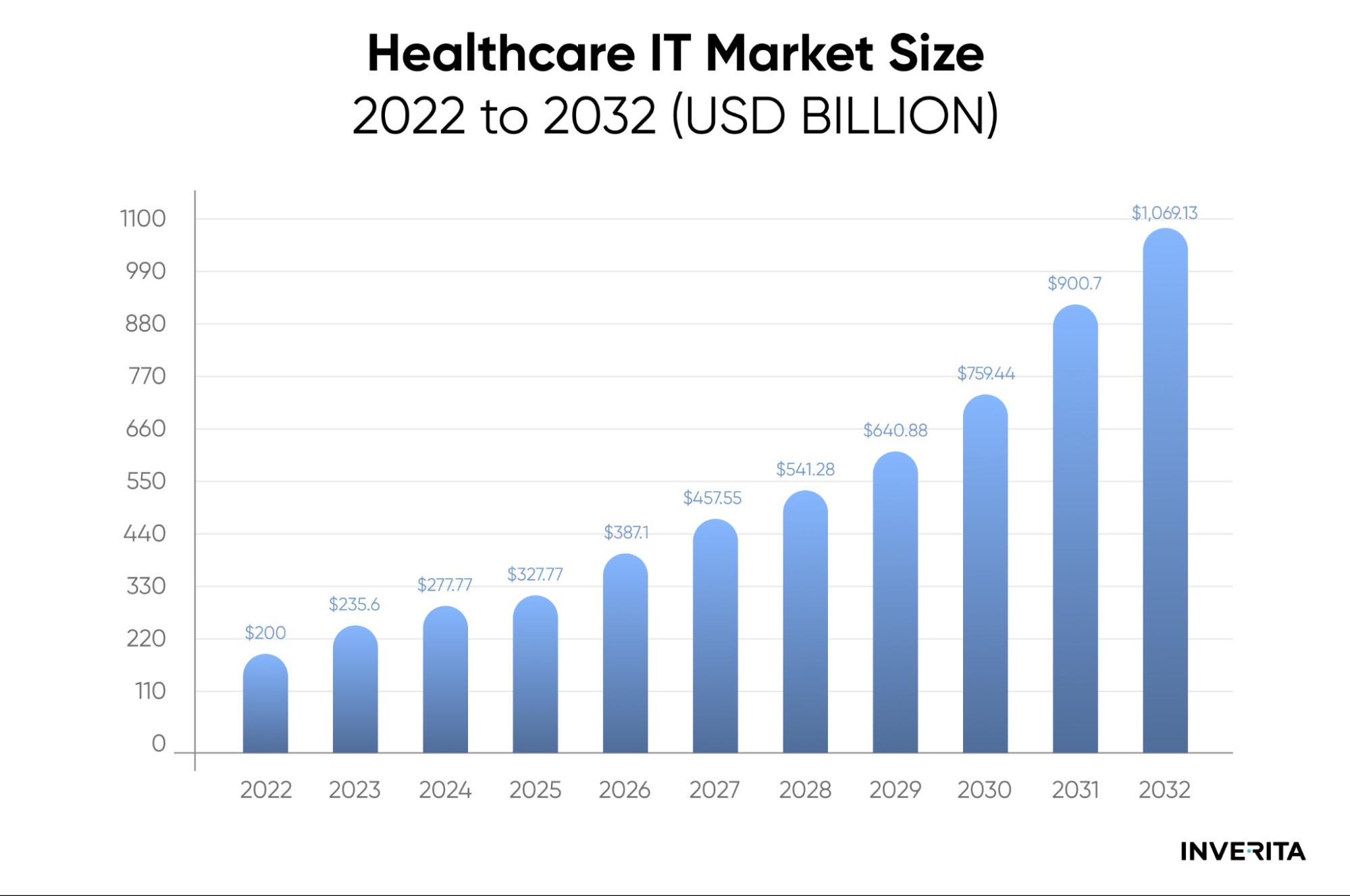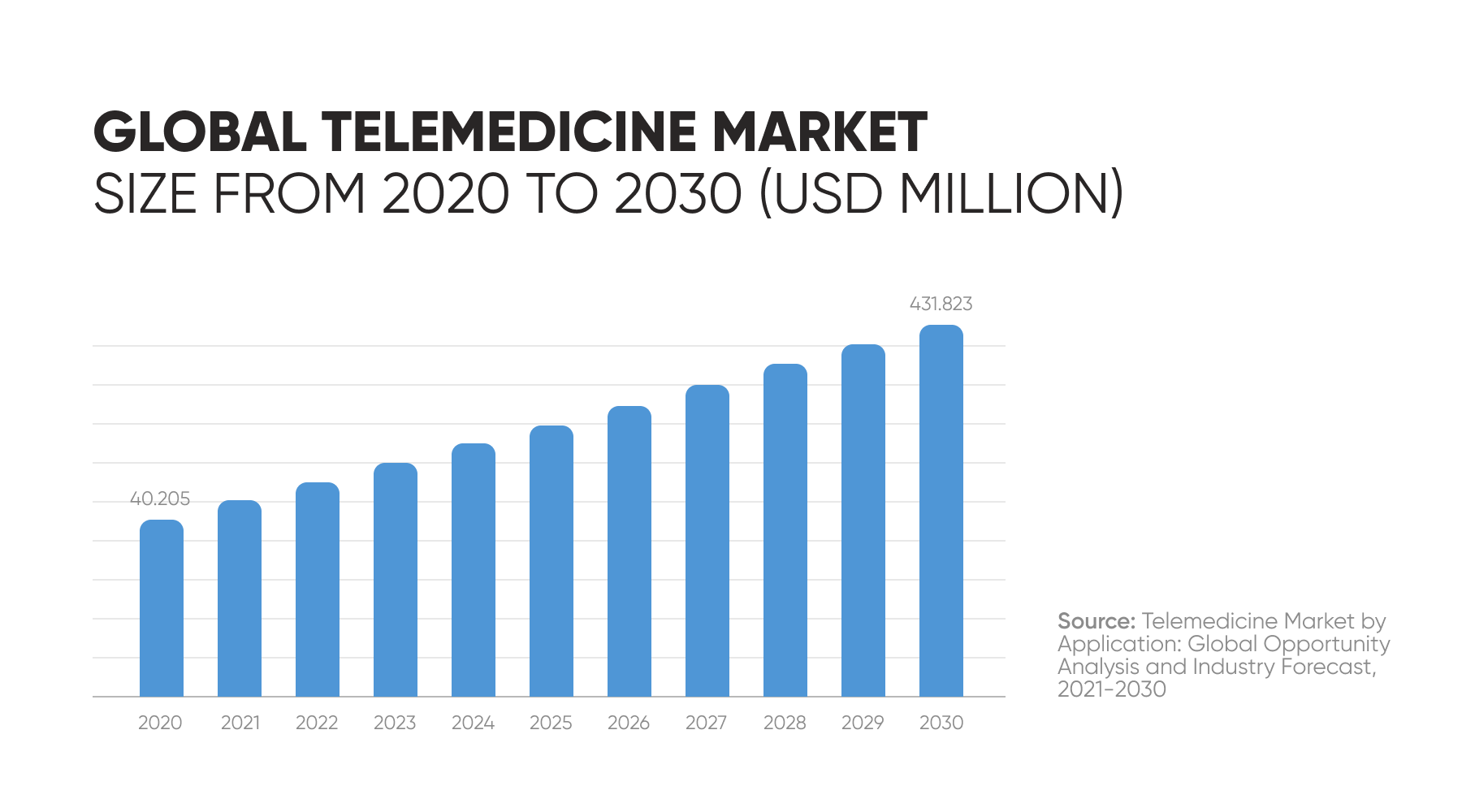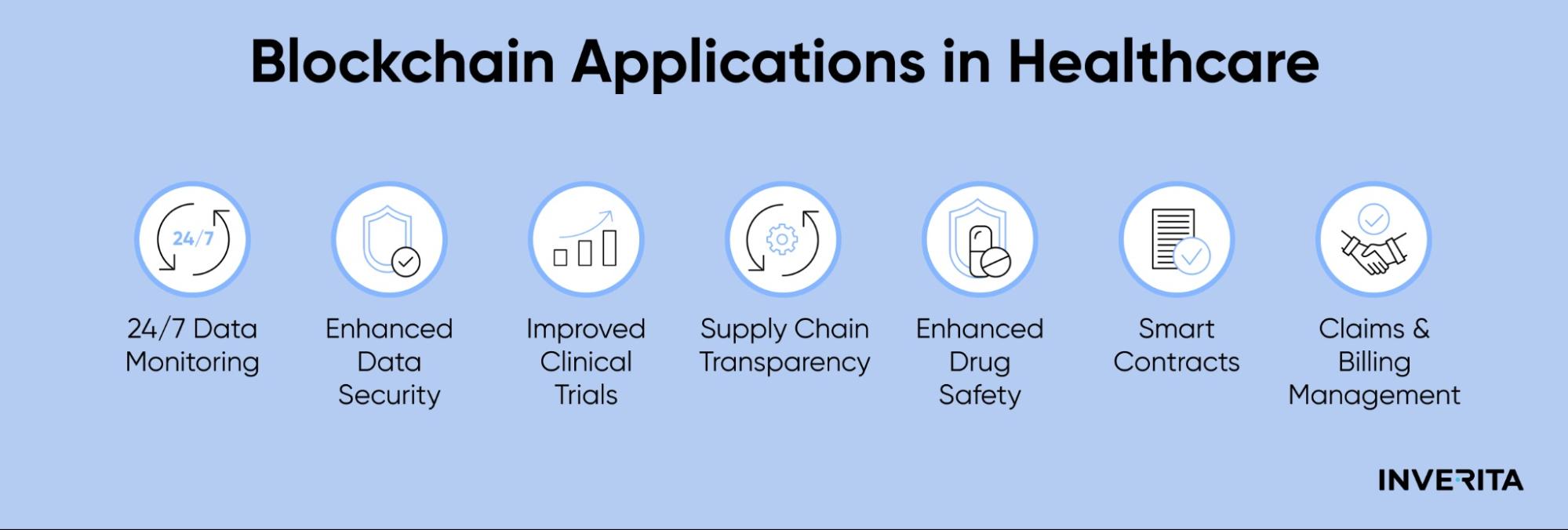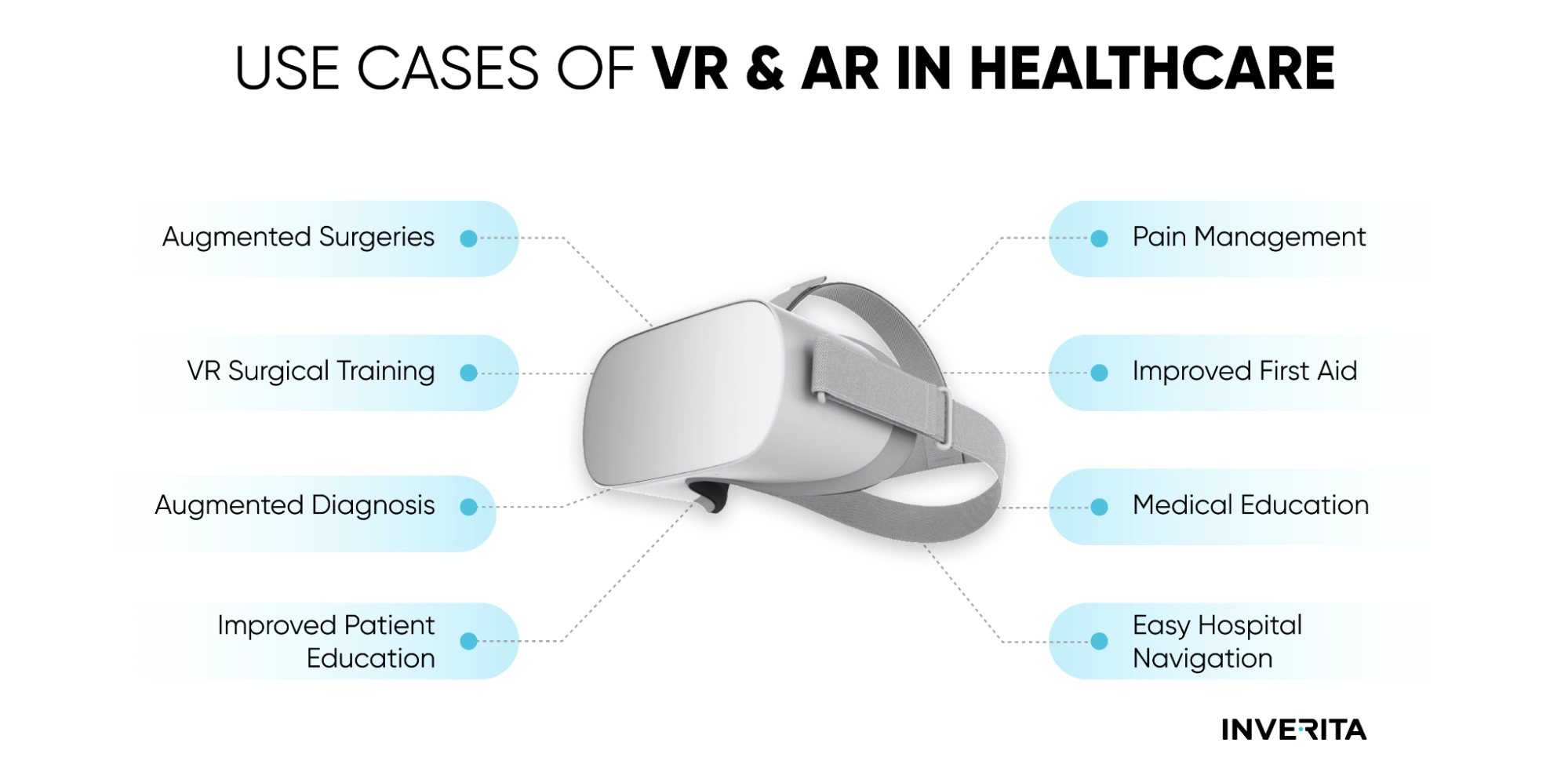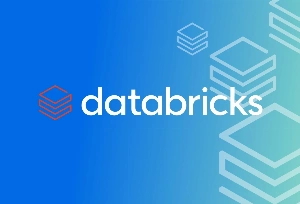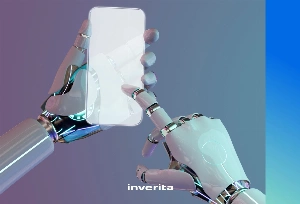However, in recent years, with the growing impact of technology in healthcare industry, AI has become more common in diagnosing and medical imaging, helping doctors do their job better.
AI, especially deep learning, can identify patterns and anomalies in medical images and data with high accuracy much faster than humans, reducing the risk of human medication error and the valuable time needed for diagnosis. Through analyzing large datasets to identify patient-specific factors that may influence diagnosis and treatment, AI can detect subtle signs of disease or abnormalities that may be missed by human observers.
A good example is Arterys. Arterys offers AI-powered medical imaging software for cardiovascular and oncological imaging, including cardiac MRI and CT angiography. One of the key features of Arterys' platform is its ability to optimize image quality and provide real-time guidance during medical imaging procedures. This helps healthcare providers obtain high-quality images and make more informed diagnostic decisions quickly and efficiently.
Positive Impacts of Technology in Healthcare
The impact of technology in healthcare industry brings numerous and far-reaching benefits.
Remote Access
The impact of technology in healthcare industry makes it easier for patients to access healthcare services remotely via telemedicine and mobile health apps. It’s especially important for patients in remote or underserved areas and people with chronic and infectious diseases.
Cost-Effective Care
Technology impact on healthcare has made medicine more affordable compared to traditional methods of treatment. A good example is telemedicine. A study by mHealth Intelligence, which examined the adoption of a virtual healthcare platform at Frederick Memorial Hospital in Maryland, revealed a 50% decrease in patient care expenses.
By avoiding expensive and unnecessary emergency room visits, patients can save money, while healthcare practices can reduce overhead healthcare costs related to maintaining physical facilities and staffing.
According to estimates from the Federal Communications Commission, telehealth technologies have the potential to save the US healthcare industry an astounding $305 billion annually.
Improved Patient Care
Technology enables healthcare providers to deliver more personalized and efficient care, leading to better outcomes and higher patient satisfaction. For example, wearable health devices, such as fitness trackers and smartwatches, empower individuals to monitor patient health and wellness in real-time.
According to a survey by the Pew Research Center, 21% of Americans report using wearable devices to track their health metrics, leading to increased awareness of personal health status and behaviors.
Faster Diagnosis and Treatment
Advanced medical imaging technologies and diagnostic tools powered by artificial intelligence can help healthcare providers diagnose diseases earlier and develop more effective treatment plans.
AI-powered medical imaging algorithms are a good example of the impact of technology on healthcare. They can analyze medical images, such as X-rays, MRIs, and CT scans, with a high level of accuracy. For example, a study published in Nature Medicine found that an AI algorithm developed by Google Health was able to detect breast cancer from mammograms with similar accuracy to radiologists, potentially leading to earlier detection, treatment, and preventive care.
Negative Impacts of Technology in Healthcare
While the impact of technology on healthcare offers numerous benefits, there are also some potential drawbacks.
Now, let’s have a look at the negative technology impact in healthcare.
Disrupting Human Interaction
Increased reliance on technology in healthcare may diminish patient-provider relationships and interpersonal communication. Some patients may feel disconnected or alienated when interacting with healthcare providers who prioritize remote consultations over face-to-face interactions.
Dependence on Technology
Healthcare providers may become overly reliant on digital technologies, leading to potential disruptions in patient care if systems fail or malfunction. Additionally, reliance on technology may diminish critical thinking skills and clinical judgment among healthcare professionals.
Data privacy and security concerns
The digitization of healthcare data introduces cybersecurity risks, such as data breaches and unauthorized access to sensitive patient information. Ensuring the security and privacy of electronic patient records and other digital health data is a significant challenge for healthcare organizations.
Unlock the Benefits of Technology in Healthcare
The technology impact in healthcare completely reshapes how the healthcare industry is organized and the way healthcare organizations operate.
It brings a lot of benefits for patients, doctors, and care providers if implemented correctly and used wisely.
inVerita is a custom healthcare software development company with a special focus on data security and privacy standards for healthcare companies. We have successfully delivered various products from telemedicine software to dose-controlled prescription medication delivery systems.
If you need a consultation on how you can integrate advanced technology into your product, fill in the form and we’ll arrange a call with you. 



